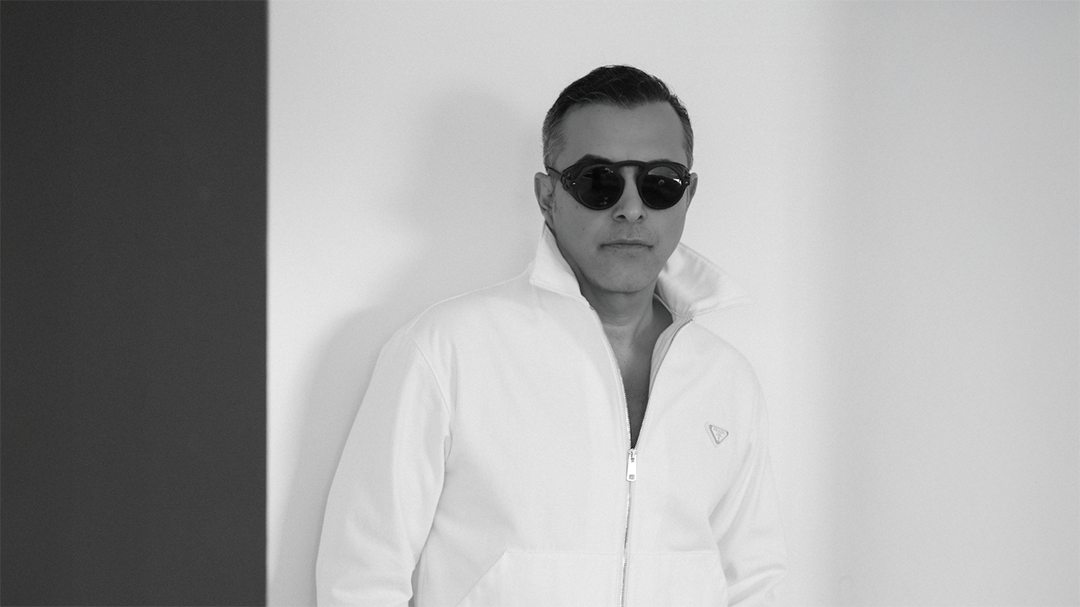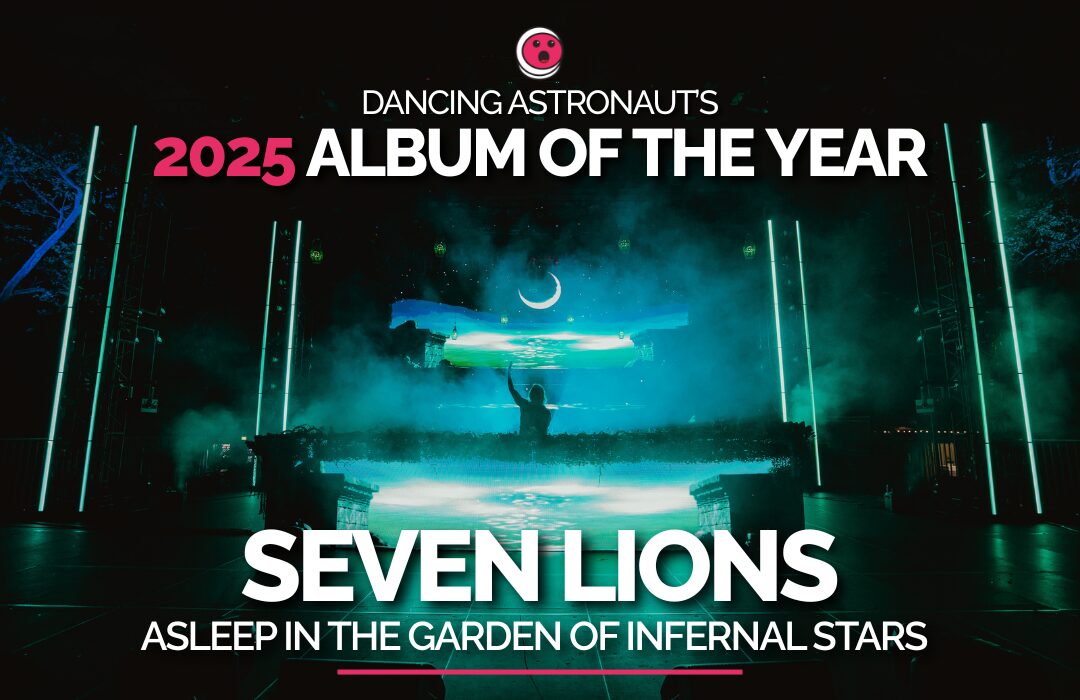Protagonists are the leading characters in any work of fiction. There is usually one in a story, but it's not unheard of for some tales to have several. Often there's another role nearly as important as that of the protagonist: the deuteragonist, aka the second most important character in a story. They can even be referred to as the secondary main character depending on how crucial their role is.
The deuteragonist is usually a friend or partner of the protagonist and accompanies them on their journey. Not all anime have a deuteragonist since there are some stories that revolve entirely around the main character. Deuteragonists often play a major role in the protagonist's development and vice versa, and their individual arcs sometimes directly parallel each other. This makes for compelling dynamics between the characters who make the overall narrative all the more fascinating.
Vegeta of the famous Dragon Ball franchise is perhaps the most easily identifiable deuteragonist in anime/manga. Since his introduction in the "Saiyan" saga of Dragon Ball Z, Vegeta has been Goku's enemy, friend and something in-between at different points throughout the series. The Saiyan Prince is clearly the second most important character in the franchise after Goku. Aside from the "Cell Games" saga, the duo has otherwise always played the most important roles in each story arc.
No other character gets close to as much focus as they do, especially in Dragon Ball Super. Vegeta is also the only one who keeps up with Goku's rapid growth. The most compelling aspect of their dynamic is arguably the history they share as survivors of an attempt to eliminate their entire race. They have a unique bond that no one but them can ever truly understand.
Another well-known anime deuteragonist is Hunter x Hunter's Killua Zoldyck. Killua is Gon's closest friend despite the two boys coming from polar opposite backgrounds. However, it's those contrasting histories that make their dynamic so intriguing. Both boys are 12 years old, yet there's a noticeable difference in their levels of experience and maturity. Gon grew up as a relatively normal child before deciding to leave home on his journey, which is why he's so pure compared to Killua. The latter, on the other hand, was raised in a family of famous assassins and is a skilled one himself.
Gon's innocence is a major influence on Killua's character development throughout their journey in Hunter x Hunter. Through meeting and becoming friends with Gon, Killua is able to experience a bit of the childhood he never had. Gon makes him want to leave his dark background behind and be a better person (a strange thing to say about a child). It's for this very reason that Killua ends up questioning whether he's worthy enough to stay by Gon's side.
Jujutsu Kaisen's Megumi Fushiguro is another deuteragonist who is quite different from the protagonist, Yuji Itadori, but the two are best friends regardless. Megumi and Yuji don't always see eye to eye, particularly when their moral compasses don't align. For example, Yuji would rather not kill any humans if he can help it, but Megumi has no issue with taking human lives -- especially if it's beneficial to him in some way.
There are many compelling deuteragonists in anime/manga who help shape the trajectory of their respective stories in a variety of ways. Katsuki Bakugo in My Hero Academia and Aguero Agnes Khun in Tower of God are two more. Some series may even have multiple characters who can be considered deuteragonists, such as Mikasa Ackerman and Armin Arlert in Attack on Titan. The impact these characters have on their stories is undeniable; there's no doubt that the protagonist and story as a whole would be drastically different if the deuteragonist didn't exist.
About The Author

